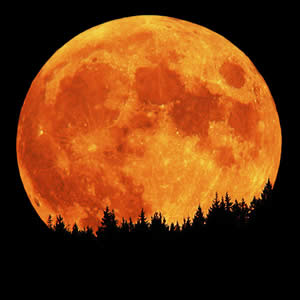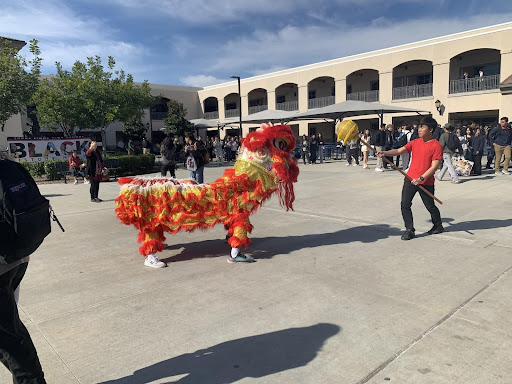2014’s Anticipated Harvest Moon Arrival

Photo courtesy of wdrb.com
September 7, 2014
On Monday, September 8, 2014, the night sky will be illuminated with the arrival of a distinctive full Moon. Recognized as the “Harvest Moon,” it is the nearest full Moon to the September equinox. Its anticipated arrival is at 9:38 p.m., for it is expected that the moon will settle in the direction opposite from the sun, thus becoming a full moon.
Remarkably, NASA claims that September’s Harvest Moon will be a spectacle of perpetual “supermoons” in the Northern Hemisphere. People living in the Northern Hemisphere will be able to experience its effect more than people living in the Southern Hemisphere. Also significant, tomorrow’s full moon completes this summer’s trilogy of super moons, the first two occurring in July and August.
Although Harvest Moons’ appearances can be delayed up to October 7, this is going to be the last full moon of the summer period. An October Harvest Moon occurs about once every four years; however, the most recent October Harvest Moon appeared in 2009. The next October Harvest Moon is expected to arrive in 2017, and afterwards, 2020.
Monday, September 8 also marks the Mid-Autumn Festival, a holiday originating from Eastern Asia. During this time, a harvest festival is initiated, where citizens of Eastern Asia celebrate with mooncake pastries, family gatherings, and offerings to the Moon. Mooncakes are particularly important to Eastern Asia, for it is believed that the pastries assisted in the defeat of China’s Mongolian leaders. During 1271, the Mongols annexed China, and the Chinese began to rebel against them in 1351 by hiding secret messages in the pastries.
The moon’s beauty is often belittled by the sun, so September 6, 2014 marked the annual “International Observe the Moon Night,” where people were advised to acknowledge its presence in the night sky. Rising at 5:35 p.m. and setting at 4:39 a.m., many people paid their respects to the often-overlooked moon.
So, for those of you who have not acknowledged the moon before, take time to ponder its splendors tomorrow night when it will present itself a magnificent nighttime phenomenon.



















